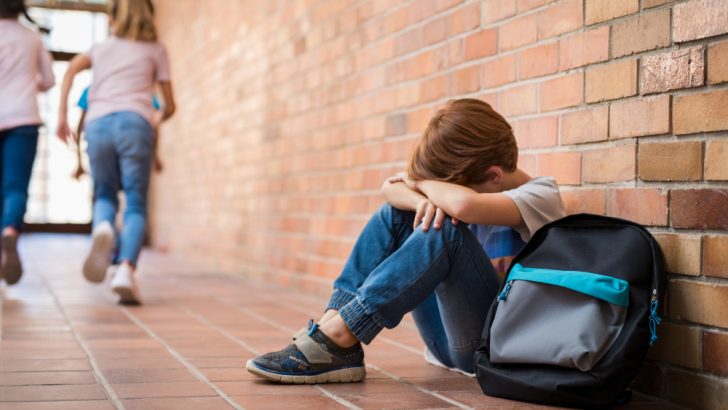Bullying is widespread more than ever and this is because we live in a rather violent society, so child mockery, nudging, ridicule, or ignoring is rarely seen by adults as something more than just children’s mischief.
But children, on the other hand, given the violence they watch and listen to every day, from family quarrels, TikTok, and movies, to digital games, if they are not victims, can perceive bullying as a play.
How to Detect Bullying
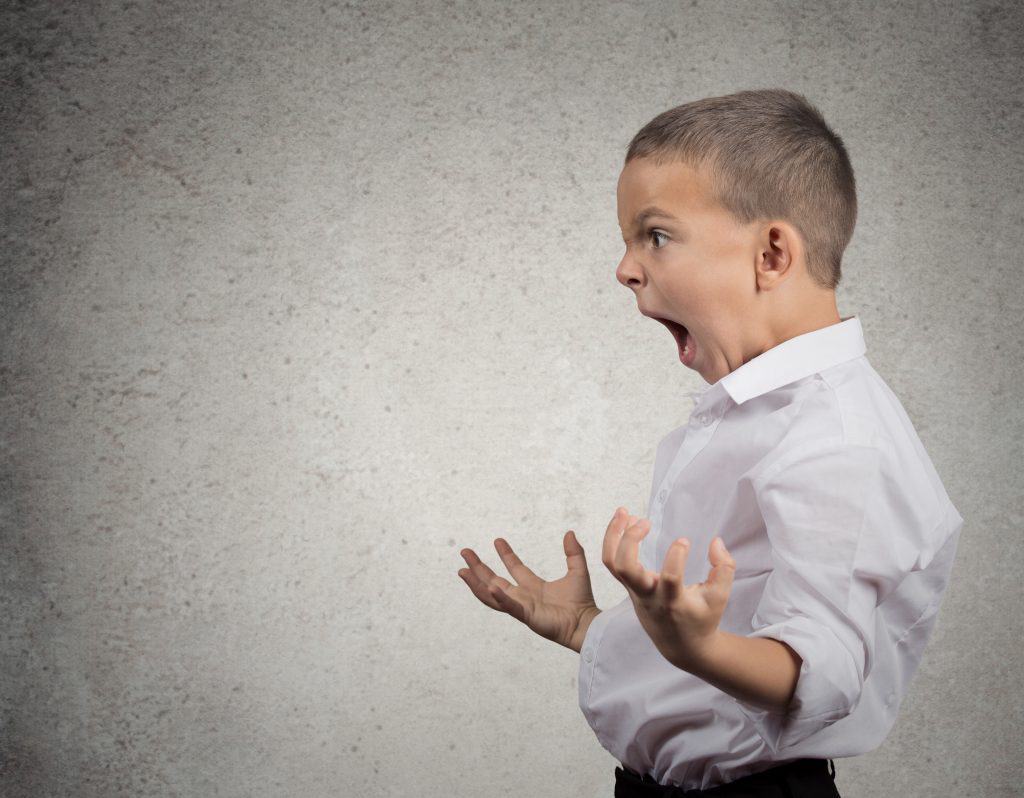
It is important to distinguish between children’s play and bullying in detecting bullying.
Children and teenagers often joke or communicate in ways that include taunts and nudges.
Unlike children’s play, in which the two parties are equal or supremacy alternates from situation to situation, bullying involves an imbalance of power, in which the abuser is always and constantly superior.
Likewise, in children’s play, the emotional tone alternates from laughter to anger.
In contrast, bullying involves persistent and very often intense distress, helplessness, and suffering of the victim, while the abuser is usually cold, and cruel, and he controls the situation.
Sometimes bullying is not easy to detect because children hide that they are victims.
What to Do if Your Child Is a Victim of Bullying
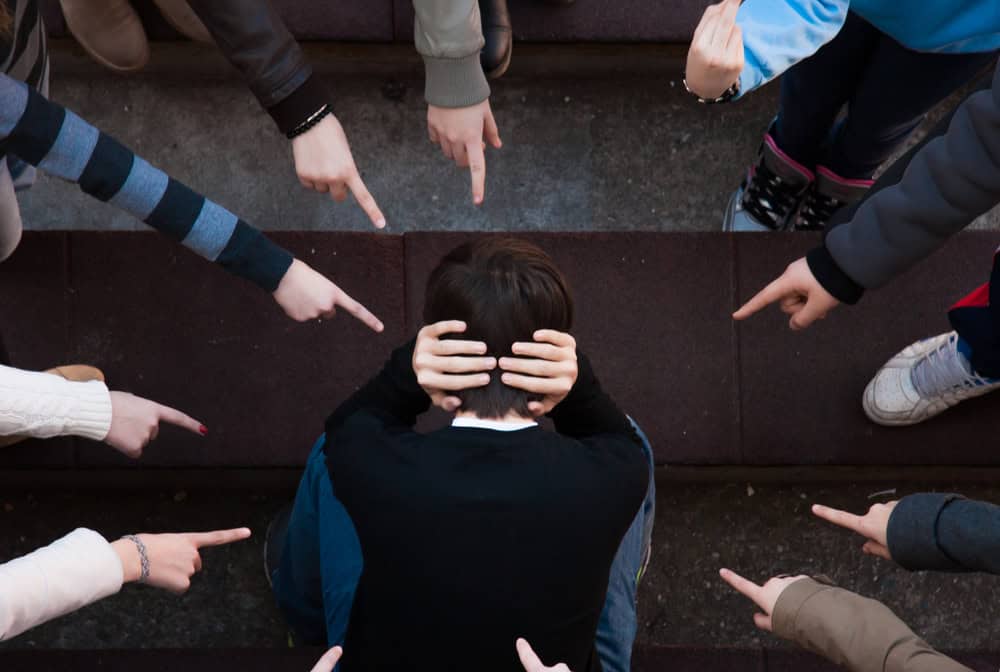
Bullying is a big problem. This can make the children feel hurt, scared, lonely, sick, sad, and often ashamed. Abusers most often physically or emotionally abuse others to hurt or scare them.
Bullying is a big deal.
Bullying is a major problem that affects many children. Most children say they have been bullied or teased. Children can feel very bad and stressed because of bullying.
So now you know that bullying is a big problem that affects many children, but what to do if someone is bullying your child?
Here are some tips.
1. Talk to Your Child
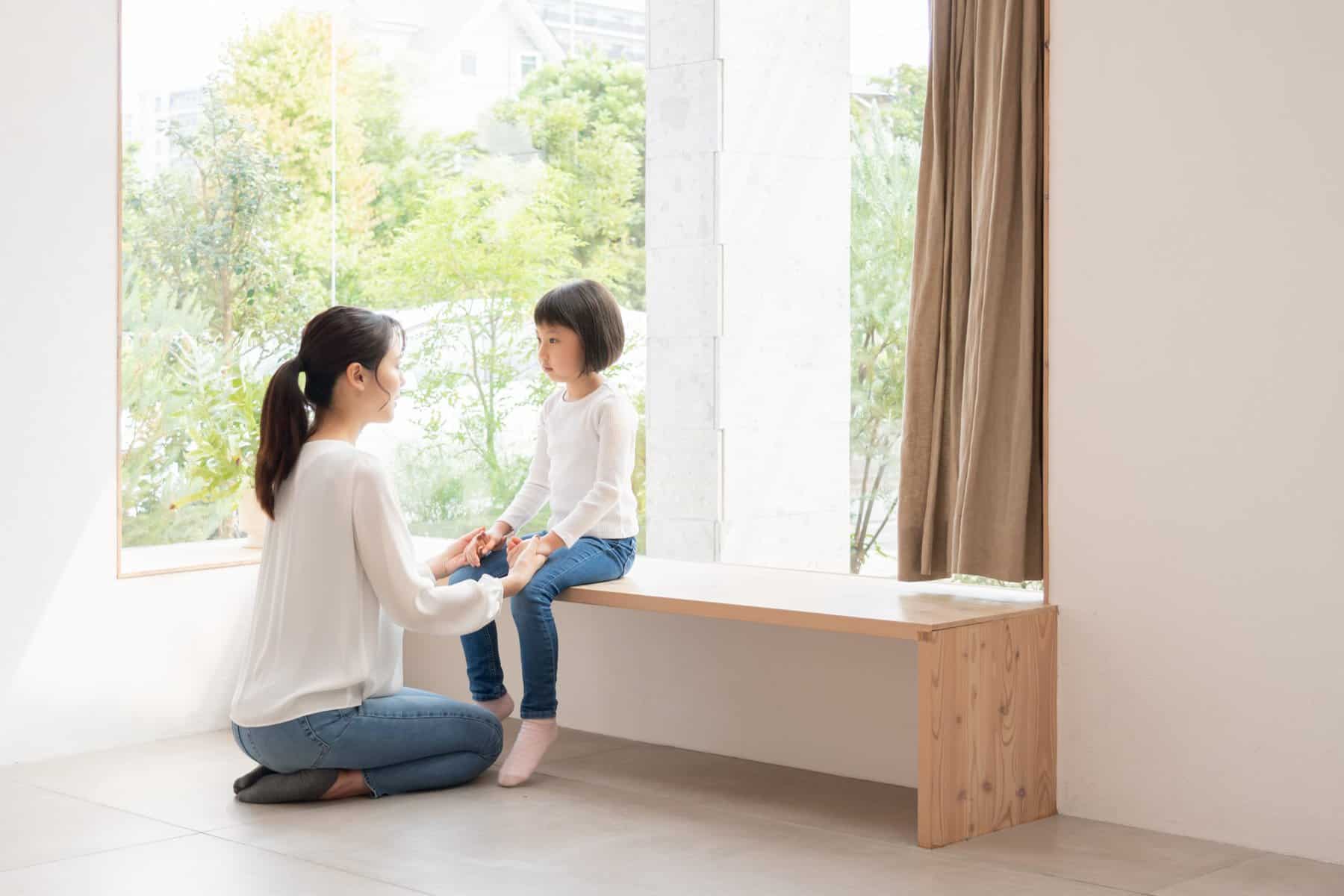
Talk to your child about ways to protect himself from the abuser. Discuss how to respond to abuse. Teach your child not to react to the abuser’s words, and to ignore them.
Also, could you tell your child to be in a group with other children, not alone?
Listen to your child and his problems.
So, talk to your child and tell him to try not to take this problem personally because the problems of the child who is abused are the cause, not your child.
2. Listen Carefully to Your Child
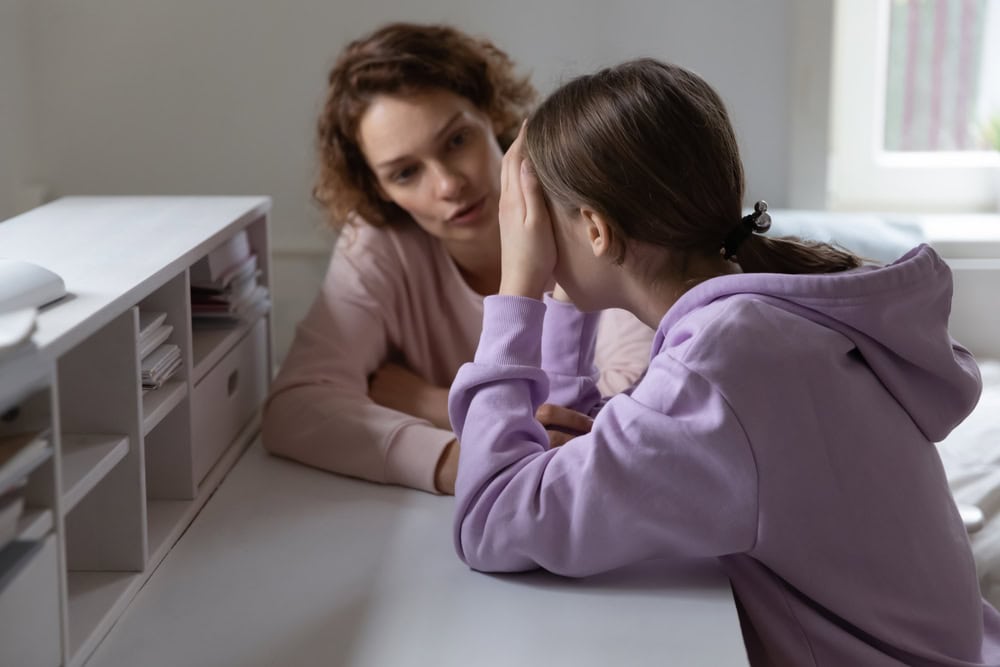
An abused child is ashamed of what is happening to him and has a very hard time talking about it. Even the fact that your child has spoken out about the problem and seen that you care can help a lot.
Crying in the arms of a person who loves him the most means to a child more than all the interventions combined.
3. Explain the Situation to Your Child
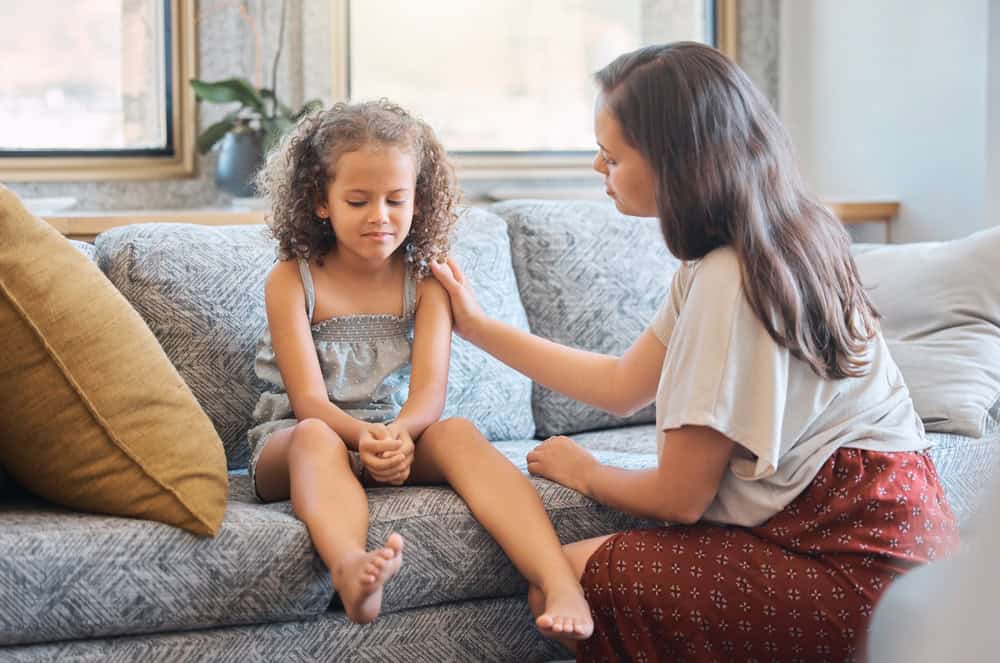
Explain to your child that some children have problems with themselves because they may be victims of violence at home or deal with low self-esteem, dissatisfaction, and their own fears in an inappropriate way.
So, help your child understand that the abuser is not as big and powerful as he thinks.
4. Gather as Much Information as Possible About the Case

Try to gather as much information as possible about what’s going on.
Consider your child’s behavior carefully as well to gain insight into what they can change in their behavior to effectively protect themselves.
5. Teach Your Child to Show Courage
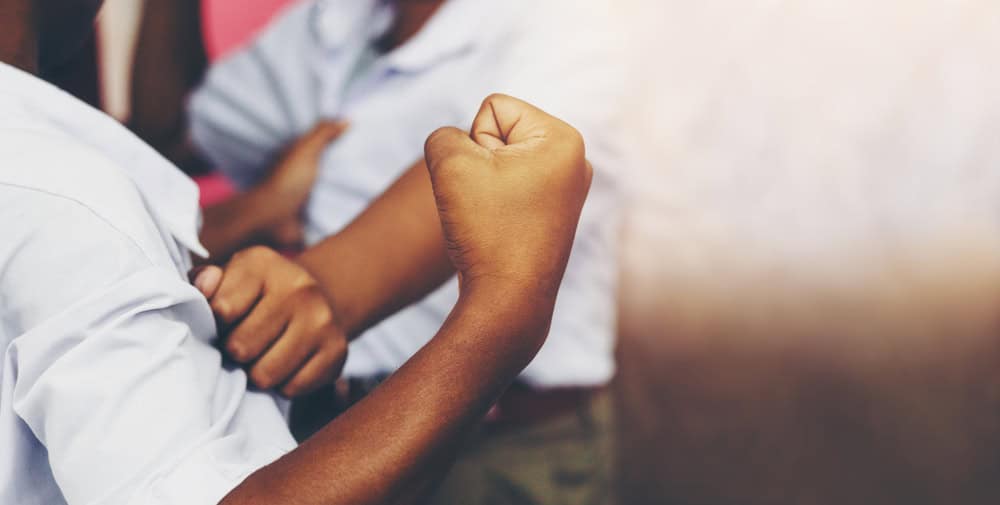
If your child is afraid of someone, he probably doesn’t feel the bravest. But sometimes just brave behavior is enough to stop the bully.
What does a brave person look and behave?
Let him stand up, take a firm stance, and send a message with his facial expressions: Do not mess with me!
It is easier to feel brave if the child feels good in his own skin.
6. Get Involved in the Case

Reassure your child that they can always turn to you if they are being bullied. Sometimes it is enough for you to tell the teacher or principal, because the abusers then stop, fearing that their parents will punish them.
Bullying is wrong and everyone who is a victim of bullying or sees someone being bullied must speak out about it.
Often children hide their problems and do not want to talk about them. They could also hide that someone is bullying them.
So, if you suspect that your child is struggling with something, try to take some action.
7. Involve the School in the Situation
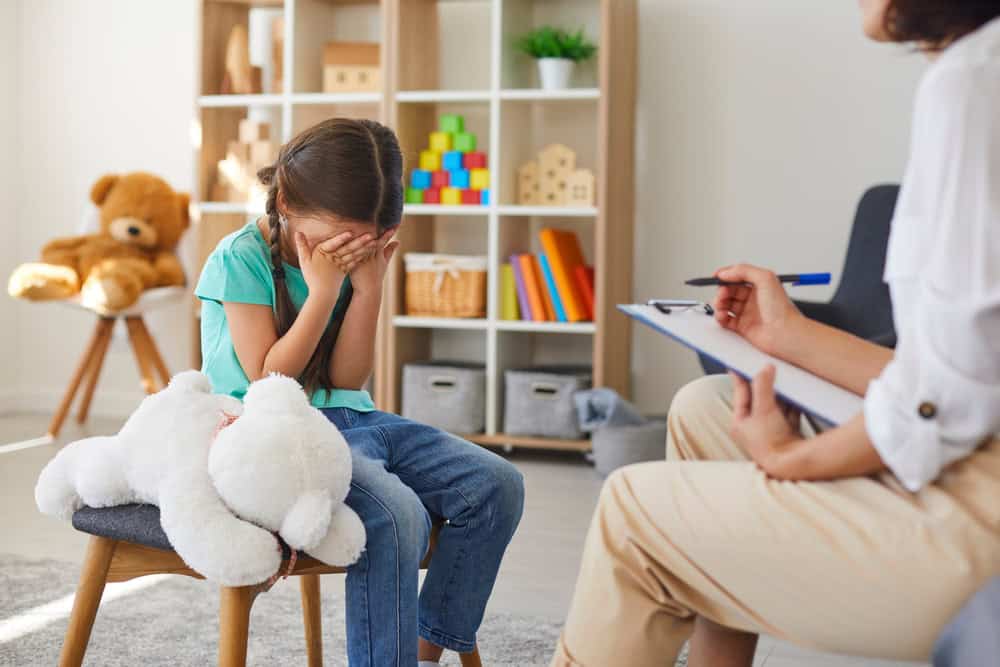
The school’s job is to detect bullying and inform the competent institutions. The school has no authority to take sanctions against the problematic student, except for pedagogical measures.
When the bullying is detected, parents and the social center are first notified.
8. Don’t Take Matters into Your Own Hands

Do not attack the abuser, his parents, or the school. If you take matters into your own hands and start warning the abuser, it can make the situation even worse.
Also, parents of abusers can take a defensive stance and accuse your child. Be sure to report the bullying to the school, and inform the class teacher, and the school’s professional team.
School is your very important collaborator in this process.

